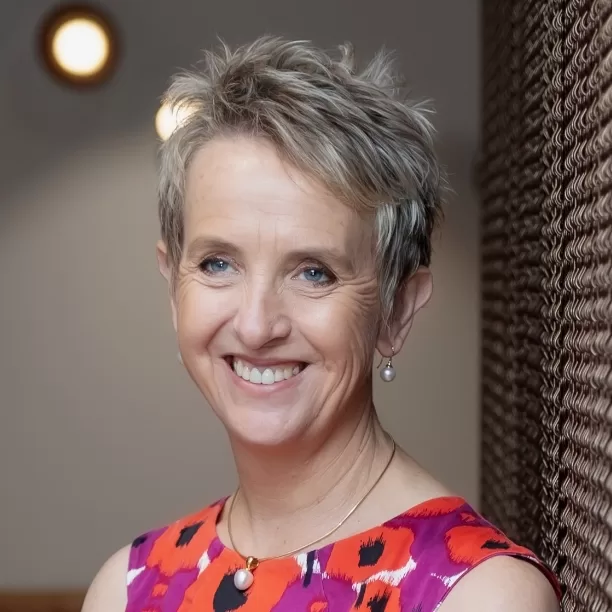What does it take to build a highly effective team?
Wouldn’t it be fabulous if all teams within your organisation were high performing. A team where:
- The members work effectively together to deliver great outcomes for the organisation.
- Every member of the team knows what they are responsible for. They are very clear about their role.
- Members hold themselves and each other accountable.
- The relationships are mutually respectful; everybody understands the value that their team members contribute.
- There is a high degree of trust and psychological safety enabling members to be very honest with each other and deal with any issues in a timely and constructive way.
- All meetings were productive meetings.
Building this high performing team can be tough, but it is possible. When I am working with my clients as an Adapt by Design business coach we use the ADAPT Team model to underpin building effective teams across all levels of the organisation.
The ADAPT Team Model

Attributes of an effective team
Trust & Psychological safety
Meaning that team members believe they can show up as their authentic selves. They are safe to admit their mistakes, to admit they don’t know, ask for help and take interpersonal risks such as giving and receiving honest and constructive feedback. What needs to be said gets said in the room and not behind each others backs.
Alignment of purpose & values
Knowing why the team exists will rally this team around a common purpose. This is about creating a team culture, agreement on how to behave as a team through some team values or ground rules.
Effective Stewardship
This is about managing meetings, managing the work of the team and decision making. Meetings are no longer talk fests, but are outcomes oriented, structured with defined agendas. Actions are captured and monitored, and the team has an agreed approach to decision making.
Clarity of roles
Team members need to be very clear about their own and each others roles. What they are responsible for, what others are responsible for, to respect each others roles and the decision making rights attached to those roles. A lack of role clarity can be one of the major contributors to team disfunction. Time wasted through duplication of effort, everyone needing to be involved in every decision, or tasks “falling between two stools” because it was assumed that was someone else’s responsibility.
Meaningful Progress
Measuring and monitoring progress can be hugely motivational; a sense of accomplishment in knowing that the team is kicking some goals in achieving its objectives. There is nothing worse than being part of a team where incomplete action items get carried forward from one meeting to the next, and a culture of lack of accountability is tolerated. The team also needs to be celebrating it’s successes.
High levels of accountability
Healthy and effective teams have a reputation for getting things done. Team members embrace being accountable for their own actions, and breed a healthy culture of keeping each other accountable. It’s about everyone carrying their weight. Being prepared for meetings, arriving at meetings on time, being present and engaged throughout meetings.
This short video shows you how:
A healthy team is a bit like a healthy marriage
It takes ongoing work and committment from all sides to keep the team together, to keep the relationships healthy and the team productive. But it’s worth the effort.
The role of the leadership team
It all starts with the leadership team. In a successful SME business, the leadership team will set the example and role model what an effective team looks like.
The success of a business is directly linked to the leadership team’s ability to lead.
To be a leader within that team requires a bit of vulnerability, being open to feedback and preparedness to look at your own behaviour and your impact on others around you.
As a leader, and member of the leadership team we need to:
- Be open to feedback
- Committed to learning
- Hold ourselves to account
- Role model the organisation culture
- Be trustworthy
In relation to the people within your organisation, the leadership team are responsible for:
- Motivating and directing others
- Developing and supporting your people
- Communicating clearly and frequently
- Encouraging teamwork and collaboration
And it’s the leadership team that have overall responsibility to:
- Build a shared vision, purpose & values for the organisation
- Establish the strategy and strategic goals
- Manage the organisations resurces to execute that strategy
- Drive results by setting realistic objectives
- Lead a culture of accountability
I am an ADAPT By Design Coach Partner and can support you through the The Adapt Way of building a high performing leadership team. I would love to have a chat about how well your leadership team is functioning.










